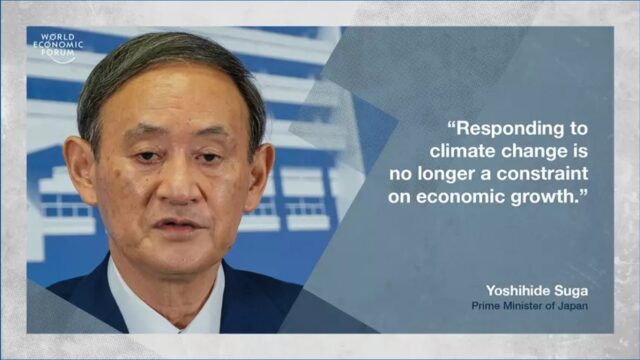Japan, being the world’s third-biggest economy in terms of GDP has accepted its pledge to reach carbon neutral by 2050. The Japanese Prime Minister has stated their assertive efforts to tackle climate change which would lead to changes in the industrial sector, thereafter, bringing about growth. He declared their aim to not only grow but to also form a decarbonized society.
This decision was taken by Japan due to pressure after the European Union made a similar goal last year and China committed to going carbon-free by 2060. Japan’s climate commitments have raised doubts on their capacity to achieve their set goal given its heavy dependence on coal and other fossil fuels and high levels of public disregard for increasing usage of nuclear energy as a source since the triple meltdown at the Fukushima Daiichi nuclear powerplant. According to their current energy plan as of 2018, they attribute 22-24% of its energy from renewables, 20-25% from nuclear plants, and 56% from fossil fuels.
Suga, the Japanese Prime Minister has not been able to come up with a workable plan as to how would Japan reduce their carbon emissions but aims to not only promote renewable energy but also prioritize a safer working of nuclear energy. He also focuses on the need to speed research and development on technologies such as next-generation solar batteries and carbon recycling as a top priority. This would help them in primarily changing Japan’s long-term reliance on coal produced energy.
The struggle of Japan to cut down its carbon emissions since the 2011 Fukushima meltdown has resulted in making it the world’s fifth-biggest emitter of carbon dioxide. Greenpeace has been welcoming of Japan’s decision to cut out emissions and achieve carbon neutrality but has specified that nuclear energy should not be an alternative. Rather they suggest, Japan focus on renewable electricity as they still bear the consequences of the meltdown that happened 10 years back. They conclude that Japan should work towards increasing their renewable energy capacity in order to achieve net-zero by 2050.









